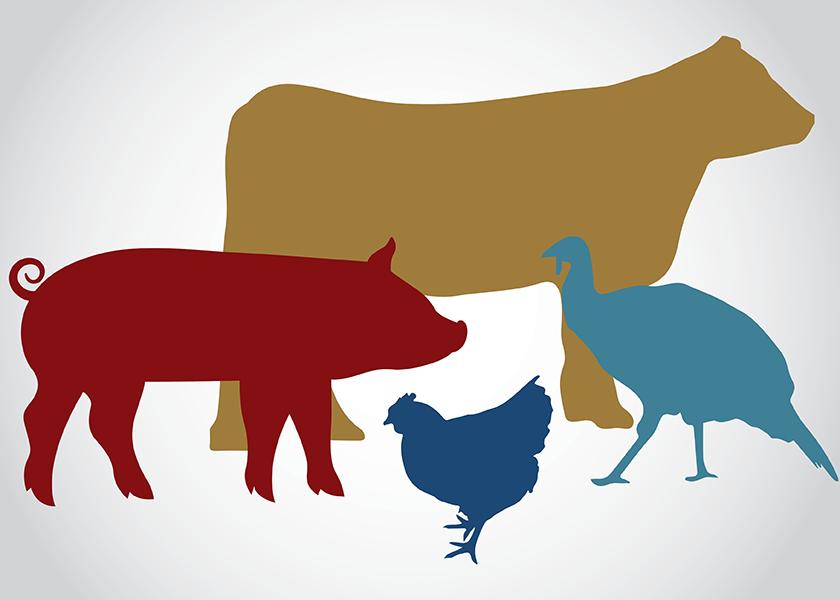USDA, DOJ Launch Online Tool to Prevent Anticompetitive Practices

In an effort to bring justice to potentially unfair and anticompetitive practices in the livestock and poultry industries, the USDA and Department of Justice (DOJ) have teamed up to launch a new reporting tool, located at farmerfairness.gov.
The meatpacking industry has rapidly consolidated, while the producers’ shares of their agricultural products has significantly decreased, USDA said in a release.
“Ranchers received more than 60 cents of every dollar a consumer spent on beef 50 years ago, compared to approximately 39 cents today. Hog farmers fared worse over the past 50 years, as their share of the consumer dollar fell from between 40 to 60 cents 50 years ago to approximately 19 cents today,” USDA explained.
U.S. Secretary of Agriculture Tom Vilsack encourages producers who are aware of potential violations of competition laws to submit information to the portal so USDA and DOJ can take appropriate action to create more competitive markets in agriculture.
“When we talk about protecting competition in the agricultural sector, we are talking about whether a farmer or a rancher will be paid a fair and competitive price for their goods and labor. When we talk about protecting consumers in this context, we are talking about whether food will be affordable for everyone in America,” Attorney General Merrick B. Garland said in a release.
This tool will allow DOJ and USDA to collaborate and more effectively process complaints.
Complaints will follow a series of reviews and appropriate action will take place. Users may submit information under their names or anonymously. Producers may also submit information by emailing PSDComplaints@usda.gov; calling 833-342-5773; or mailing Stop 3601, 1400 Independence Ave. SW, Washington, D.C. 20250-3601.







